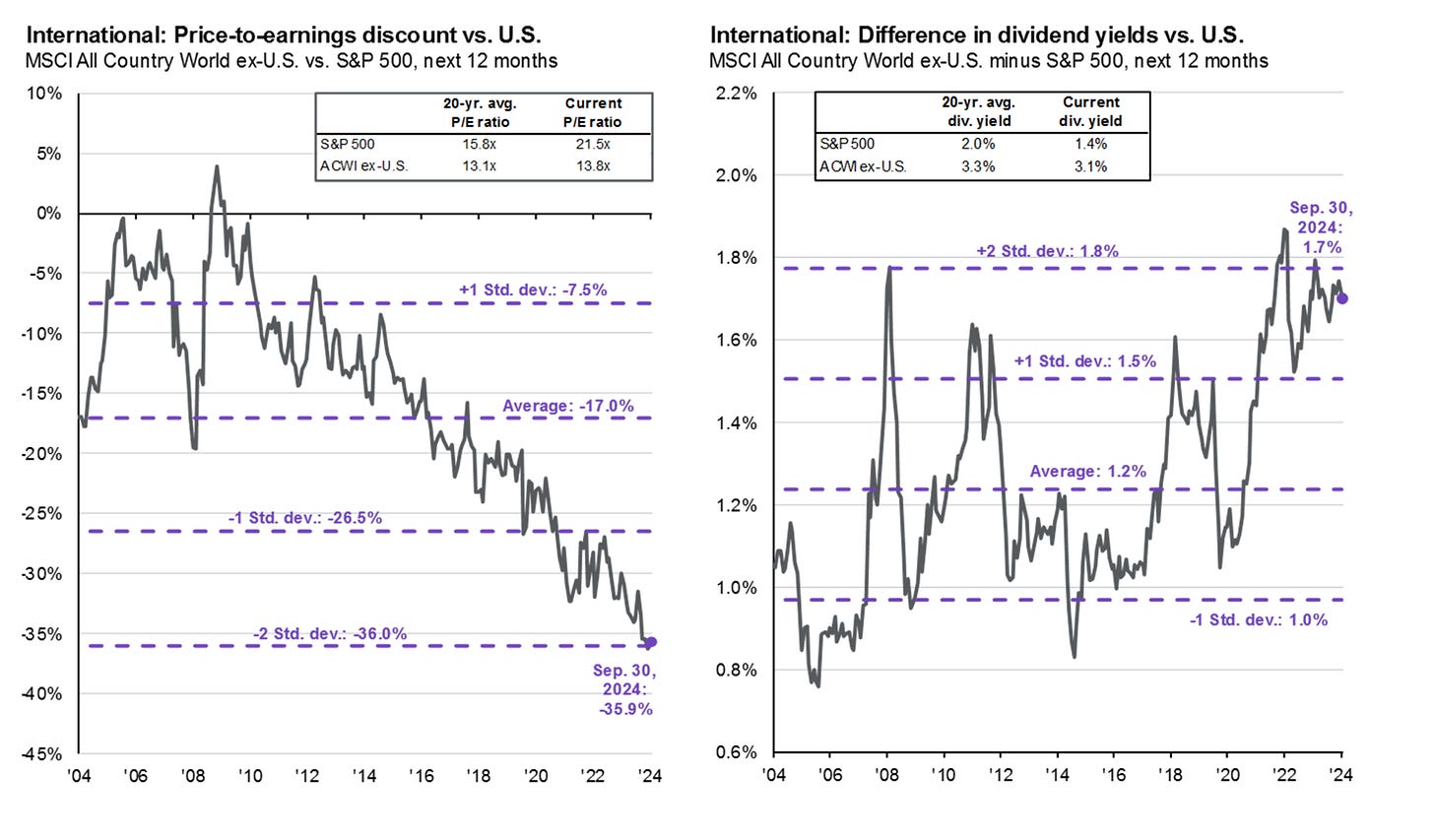Minnesota, 2007
It was just me and Matt sitting there next to the pool. Everyone was off doing other things. It was a chance to ask him what I’ve always wanted to know.
“Matt… everything looks great. The new addition, the pool… really cool. Can I ask a question though? How did you go from selling computers to buying a railroad? I mean what made you even think of that?”
Matt finished a sip of his lemonade, put his drink down and looked sideways at me.
“Do you want to know a secret?”
“Yes, absolutely.”
“OK. Here it is. Anytime the government is getting out of a business there is money to be made.”
“Back in the 1980’s the railroads were over regulated, unprofitable and in terrible shape. The government decided that for the good of transportation in the US there needed to be deregulation of the railroad industry (he was referring to the Staggers Rail Act of 1980). The Act was meant to improve the profitability of private railroads so they would invest more and provide better service. The act gave railroads more control to set prices and increase profitability. This in turn kicked off a wave of railroad consolidation.
After the consolidation there were many companies with duplicate lines which they wanted to sell. There was an opportunity to buy an orphan line connecting Minnesota and South Dakota that one of the companies didn’t want, and that’s how we got started. Later when coal was discovered in Wyoming it was a big benefit for us. We were perfectly positioned to extend the railway west to Wyoming.
But the key is deregulation.”
Matt was telling me this important secret, but it was a bit disappointing. I wasn’t in any position to be buying railroads, or anything else for that matter, but still, I filed Matt’s advice away as something to remember, which might be useful in the future.
And now I think I see one of those potential opportunities.
Except, what do you do if the government is trying to get out of everything?
Across an entire continent?
The Future of European Competitiveness
There is a joke that China produces everything for the world, the US consumes it, and Europe regulates it.
Sad Europe, coming up with one set of new, hated regulations after the other. Regulations nobody wants like GDPR, MIDFID, and ESG. And so money votes with its feet and goes to the US.
Between 2008 and 2021 147 unicorns were founded in Europe. 40 of these have relocated their headquarters abroad, with the vast majority moving to the US. (pg. 25).
The gap between US and European GDP has expanded from 17% to 30% over the last 20 years.
Now in a turn of events, which is hard to believe, Europe is waking up that maybe all these regulations are not a positive.
In September Mario Draghi delivered his report on the Future of European Competitiveness .
The report is excellent. The first step of any problem is being honest about the situation and Draghi doesn’t pull any punches. It’s also notable that this message is coming from Draghi. He has the street cred and people like him. European politicians will listen to the message if it is coming from him.
Both the Forward (Part A) and individual industry recommendations (Part B) are in the YWR Library.
Some of the key takeaways from Part A.
China and the US are pulling away in AI and decarbonisation technologies.
Europe’s fragmented market is uncompetitive and its governance too bureaucratic.
Energy prices in Europe are not competitive
Europe needs to increase defence spending.
Europe needs to protect its cleantech industry from China
Europe needs a new Marshall Plan where it spends 5% of GDP on targeted growth initiatives.
Europe needs its own 10 year treasury risk free asset (a collective obligation bond).
Europe needs stronger capital markets and more investment in innovation.
There are too many rules and regulations in Europe and a Commission should be set up to reduce the stock of regulations.
Create a European Innovation Company corporate structure for small tech companies so they can easily incorporate across Europe (sounds like UCITS for corporations).
There are many more and I suggest reading the full Part A of the report.
The European Underweight
It’s interesting this wide scale review of European competitiveness led by Mario Draghi is coming at a time when European markets are trading at a record discount to the US and Europe’s obsession with regulations has become a global joke.
But then the skepticism kicks in. It’s an exciting report, but will Europe ever really change? And even if it does the change will take forever to happen.
Is there a way to play European deregulation where you get it as a cherry on top to an already interesting investment? And where we can get paid to wait?
We can take a 15 year view if we are getting a dividend yield and the shares are going up from depressed levels.
How do we make money on this?
Unicredit is a stock we already own which has just kicked off a European cross border acquisition of Commerzbank (which we also own). This is exactly what Draghi says Europe should be supporting. So that is one.
The talk about improving European Capital Markets makes me want to look at Euronext.
But there is one bombed out, over regulated, deep value sector Draghi says is key to Europe’s future and where he says it is vital that it makes more money and covers its cost of capital.
It’s a sector which nobody owns. It’s key to innovation and this change in regulatory stance reminds me of the Staggers Act.
Do you know which sector I’m thinking of?









